How To Find Someone's Phone Number With Their Name
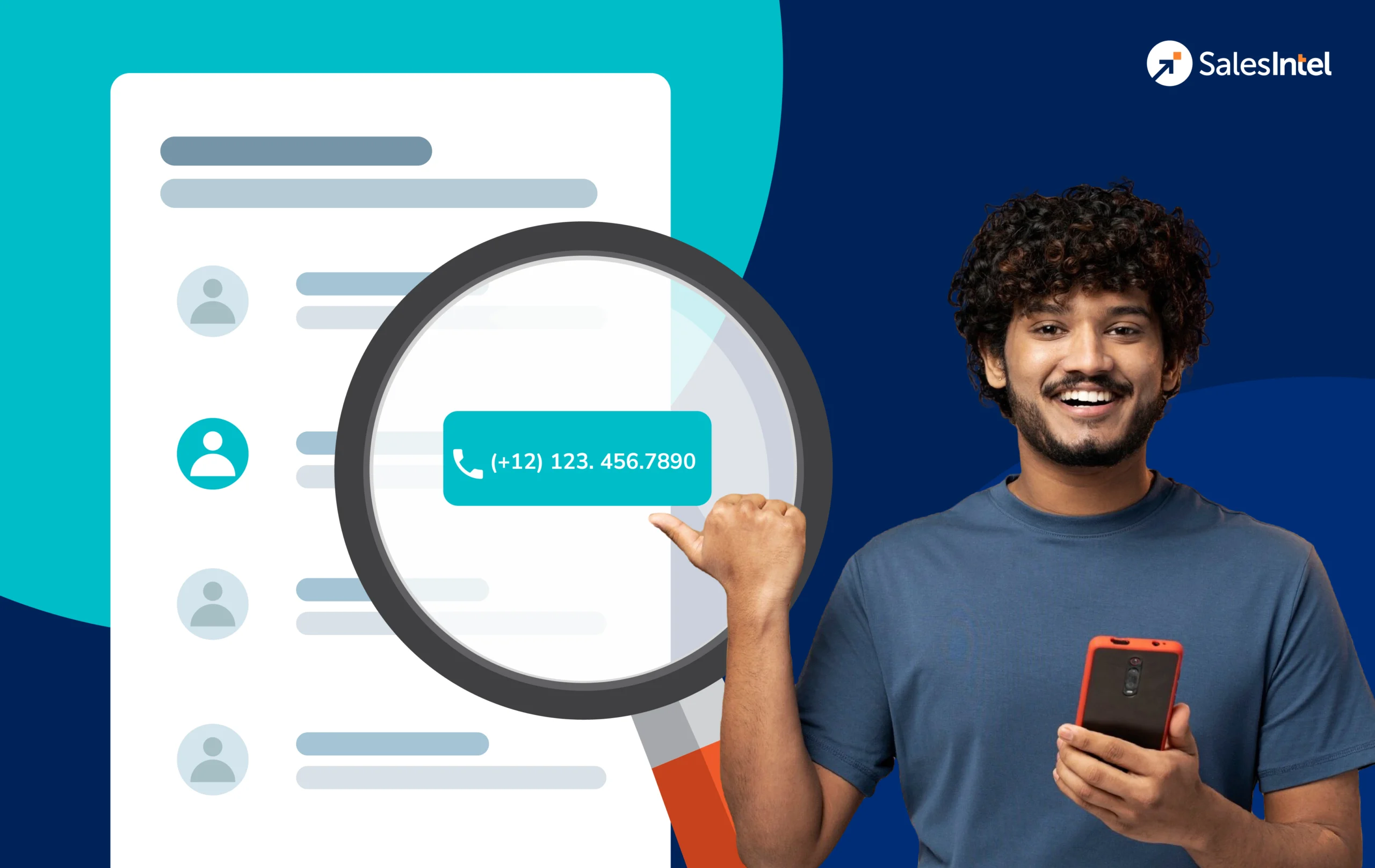
In an era defined by instant communication, the desire to connect with someone directly, often through a phone number, remains strong. However, the ease with which we can theoretically find information online clashes with the increasing importance of personal privacy. The quest to uncover a phone number linked only to a name navigates a complex landscape of technology, ethics, and legality.
This article delves into the legitimate and ethically sound methods for finding someone's phone number using only their name, while acknowledging the boundaries of privacy and the potential for misuse. We will explore various strategies, from utilizing online search tools and social media platforms to employing specialized people search services and professional directories. This exploration will emphasize responsible practices and highlight the legal and ethical considerations that must guide any search for personal information.
Online Search Engines and Social Media
The first port of call for many seeking information is often a general search engine like Google or Bing. Entering a person's name, enclosed in quotation marks for a more precise search, can sometimes yield results if the individual has publicly listed their phone number or if it appears in publicly accessible records.
Social media platforms like Facebook, LinkedIn, and Twitter can also be valuable resources. While many users keep their contact information private, some may choose to make their phone number visible on their profiles or within their professional networking details.
Searching for the person's name and location (if known) can refine the search and increase the likelihood of finding relevant information. Remember to respect privacy settings and avoid attempting to circumvent them.
People Search Engines and Online Directories
Numerous online people search engines are designed to aggregate publicly available information, including phone numbers. Services like WhitePages, ZabaSearch, and Intelius collect data from various sources, such as public records, directories, and online databases.
These platforms often offer both free and paid services. Free searches may provide basic information, while paid subscriptions grant access to more detailed records, including phone numbers, addresses, and background checks.
It's crucial to exercise caution when using these services. Verify the accuracy of the information obtained and be aware of the potential for outdated or inaccurate data. Always read the terms of service and privacy policies before using any people search engine.
Professional and Alumni Directories
For individuals associated with a particular profession or institution, professional and alumni directories can be useful resources. Many professional organizations, such as bar associations or medical associations, maintain directories of their members, which may include contact information.
Alumni directories, often accessible through university websites, can also provide contact details for former students. These directories typically require membership or affiliation with the institution to access.
These directories are generally considered reliable sources of information, as the data is usually verified by the organization or institution. However, individuals can often opt out of having their contact information listed, so availability is not guaranteed.
Reverse Phone Lookup Services
While this article focuses on finding a phone number using a name, it's worth mentioning reverse phone lookup services as a complementary tool. If you already have a phone number but need to identify the person associated with it, services like Truecaller or Spokeo can help.
These services often rely on crowdsourced data and public records to identify the owner of a phone number. However, the accuracy of the information can vary, and it's essential to use these tools responsibly and ethically.
Reverse phone lookup services are not a substitute for finding a number with just a name, but they can be helpful in confirming or supplementing information obtained through other methods.
The Importance of Privacy and Legal Considerations
The pursuit of someone's phone number must always be balanced with respect for their privacy and adherence to legal regulations. Several laws and ethical guidelines govern the collection and use of personal information.
The Driver's Privacy Protection Act (DPPA), for example, restricts the disclosure of personal information obtained from state motor vehicle records. Similarly, various state laws regulate the use of personal information for marketing or other purposes.
It's crucial to understand the legal and ethical implications of accessing and using personal information. Avoid any actions that could be considered stalking, harassment, or invasion of privacy. Obtain consent whenever possible and respect individuals' wishes regarding their contact information.
Ethical Considerations When Searching for Information
Beyond legal requirements, ethical considerations play a significant role in the responsible pursuit of someone's phone number. Consider the reason for seeking the information and whether it justifies the potential intrusion into someone's privacy.
Avoid using the information for malicious purposes, such as harassment, spamming, or identity theft. If you are unsure whether your actions are ethical, err on the side of caution and refrain from pursuing the information.
Transparency is key. If you do obtain someone's phone number through legitimate means, be upfront about how you found it when you contact them. This builds trust and demonstrates respect for their privacy.
Future Trends and Privacy Enhancements
As technology evolves, so too will the methods for finding (and protecting) personal information. The increasing emphasis on data privacy will likely lead to stricter regulations and more robust privacy controls.
Expect to see further advancements in privacy-enhancing technologies, such as encrypted communication and decentralized identity management. These technologies will empower individuals to control their personal information and limit its accessibility.
The future of finding someone's phone number will likely involve a greater emphasis on consent and transparency. Individuals will have more control over who can access their contact information and under what circumstances.
Conclusion
Finding someone's phone number using only their name is a complex task that requires navigating a landscape of technology, ethics, and legality. While various methods exist, from online search engines to specialized people search services, it's crucial to prioritize privacy and adhere to legal regulations.
Responsible practices, such as verifying the accuracy of information, respecting privacy settings, and obtaining consent whenever possible, are essential. As technology continues to evolve, the emphasis on data privacy will only increase, empowering individuals to control their personal information and limit its accessibility.
Ultimately, the ethical pursuit of someone's phone number requires a delicate balance between the desire to connect and the respect for individual privacy. Approaching the search with caution, transparency, and a strong ethical compass is paramount.
:max_bytes(150000):strip_icc()/truepeoplesearch-reverse-name-ce35fae11a644fed9128bf927951f6cf.png)


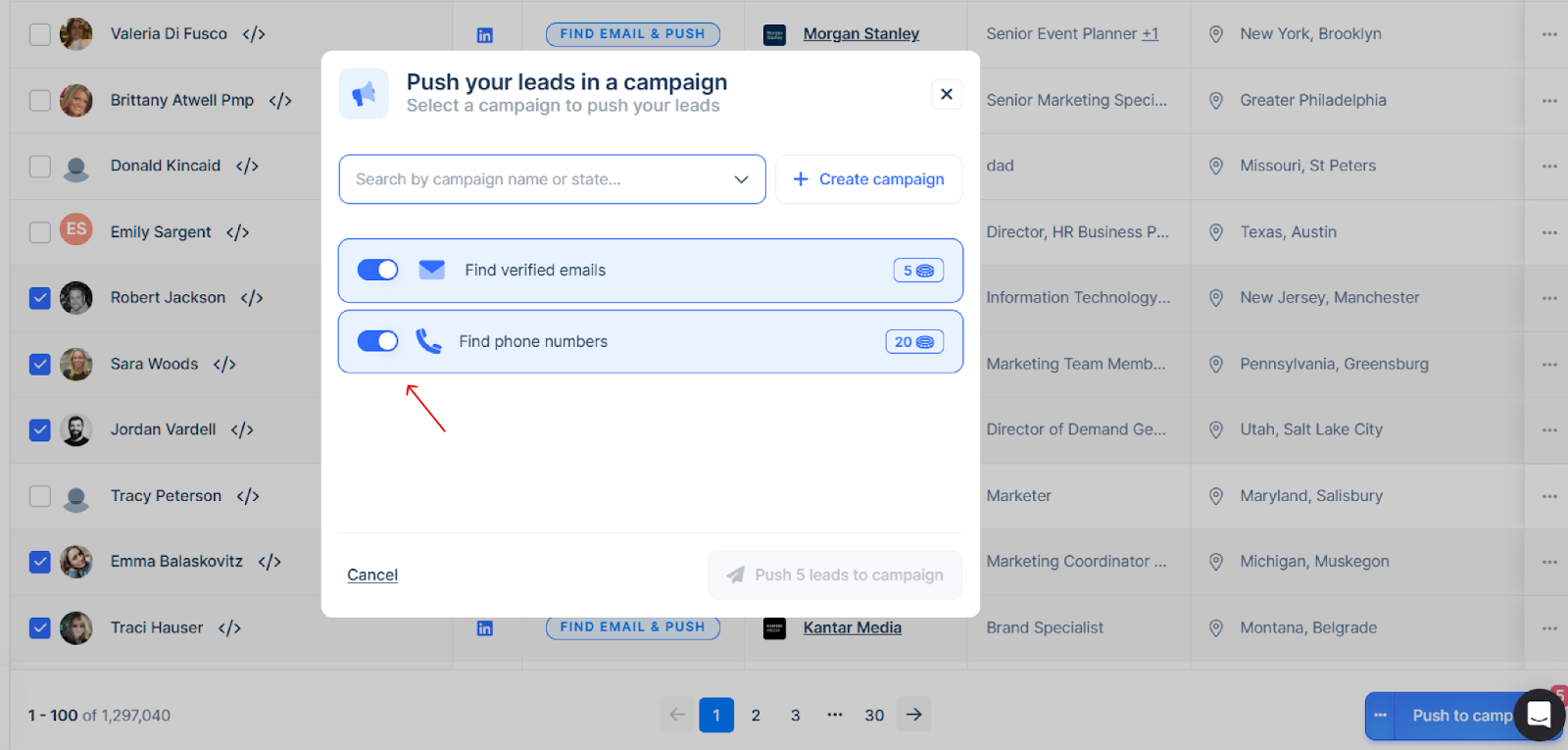

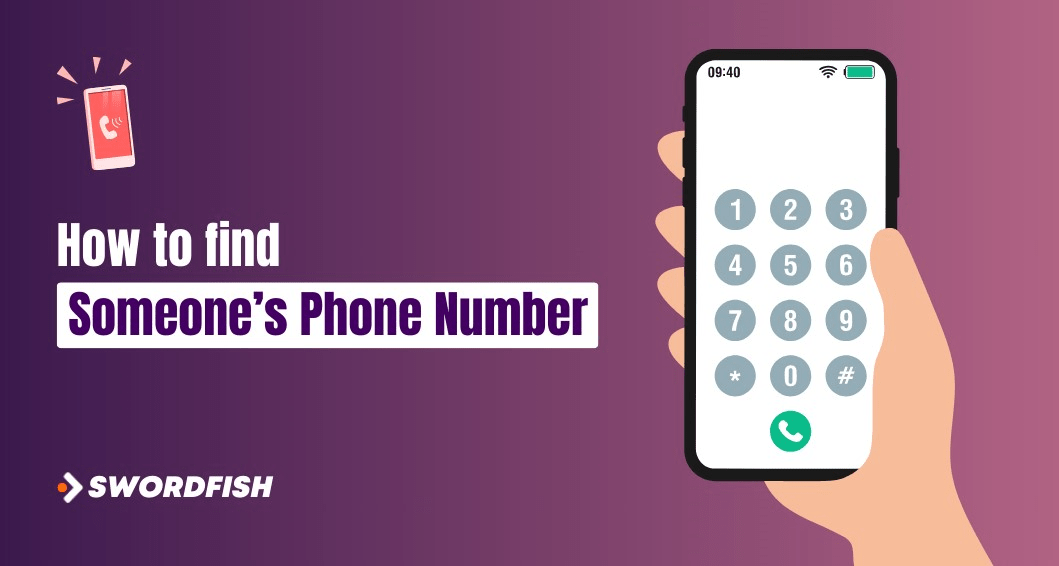
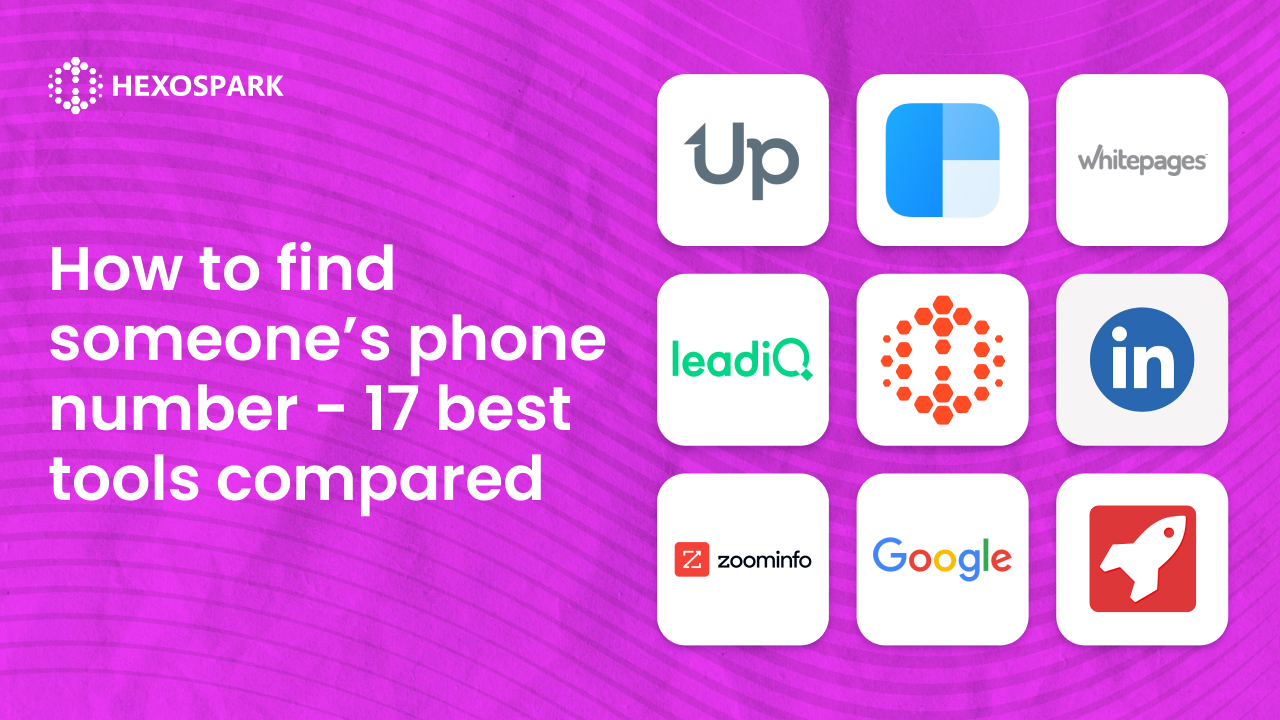
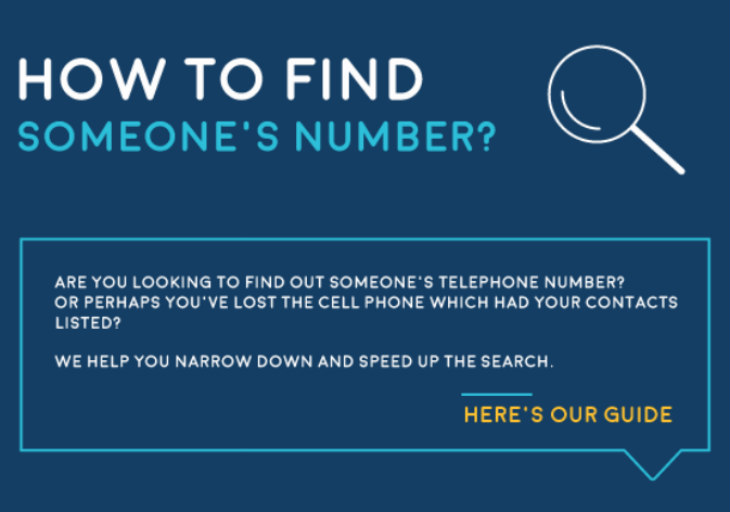
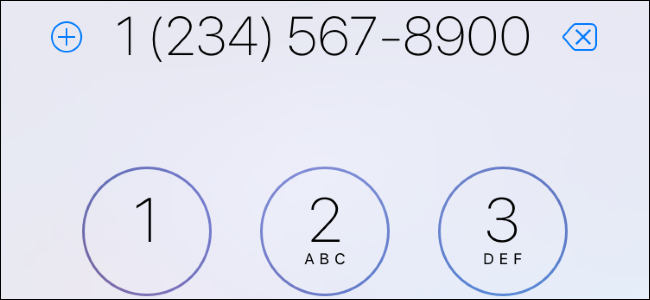

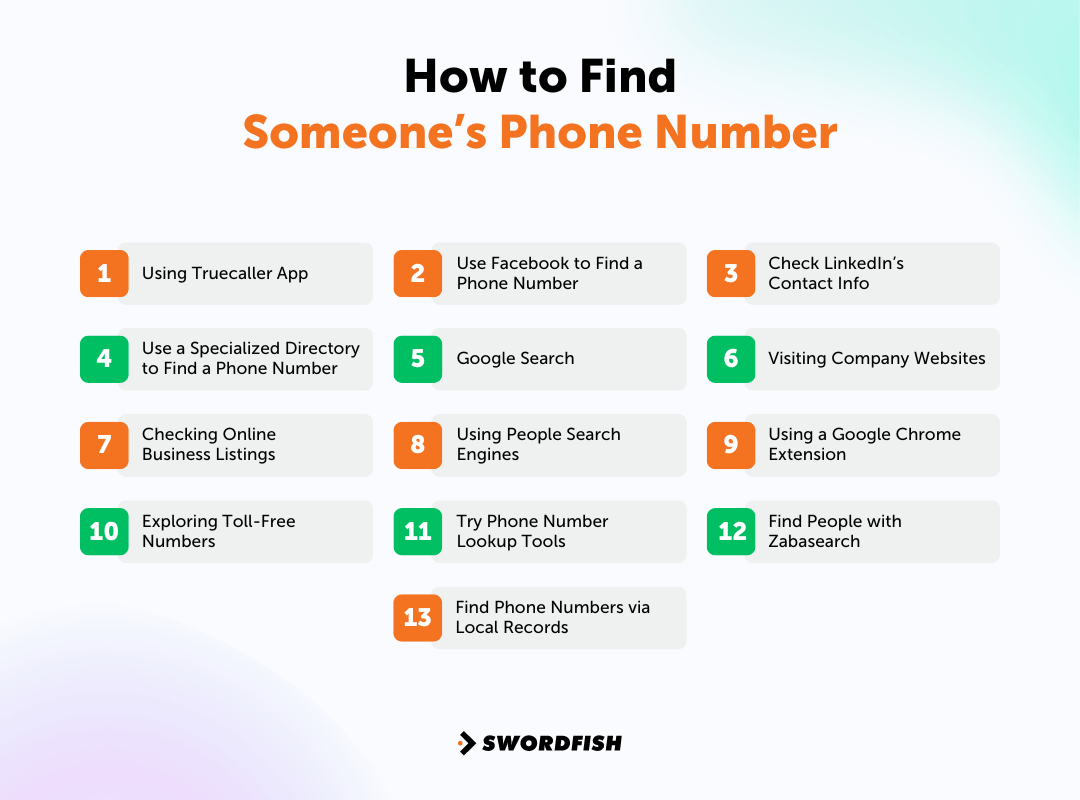
![How To Find Someone's Phone Number With Their Name How to Track Someone's Location by Phone Number [2025 Update]](https://images.airdroid.com/2022/09/find-someones-location-by-cell-phone-number.jpg)
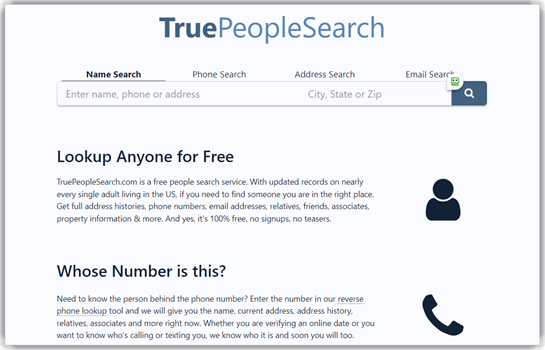


![How To Find Someone's Phone Number With Their Name How to Find Someone's Phone Number for Free [10 Platforms]](https://webcdn.callhippo.com/blog/wp-content/uploads/2024/06/Whitepage.png)


